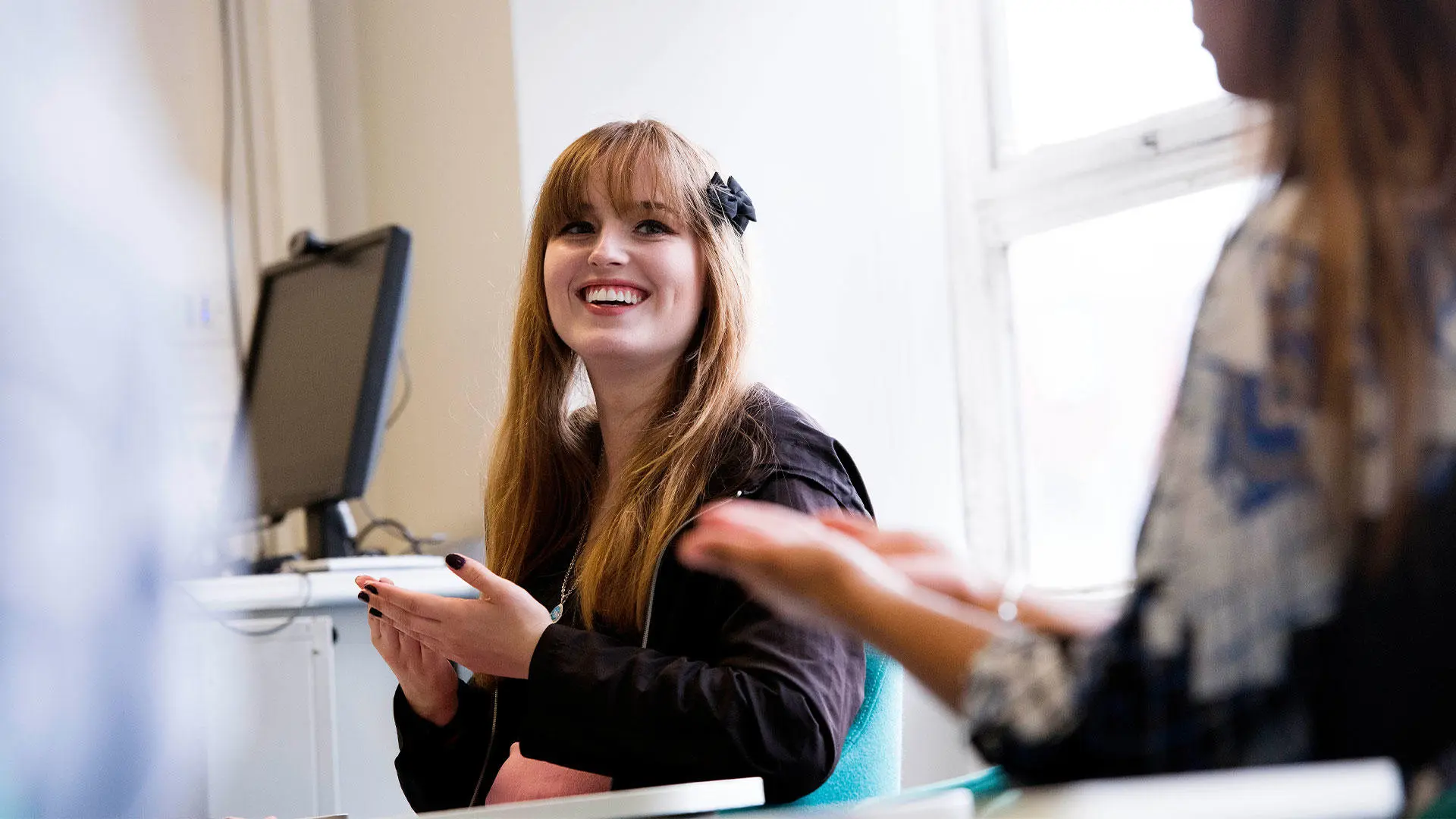Professor Candice Satchwell’s research has had a direct impact on around 50 disadvantaged young people, reaching out to many others and their families via Barnardo’s, schools, community events, museum installations, and web-based resources including films, stories, an interactive map. So far her projects have produced around 50 short-story books, and five phygital artefacts containing young people’s stories.
It has held three public festivals - AHRC in July 2015 to launch the project; Lancaster Words festival; and ESRC Social Science Festival in November 2017 to display phygitals and stories. Project team members have presented at numerous academic conferences and a community-university expo in Vancouver, as well as engaging with teachers, social workers and children in schools, universities, and community settings.
Young people from the project have accompanied academics on a research visit to Japan and received Japanese researchers and young people in return.
Dr Tabachnikova’s research aims to bridge the gap between Russia and Britain, assisting the non-academic world to acquire in-depth knowledge of Russia's cultural past and present, thus overcoming the stereotypes, counter-productive for cultural enrichment and transnational understanding.
By organising a diverse programme of events at UCLan and beyond, and creating the Vladimir Vysotsky Centre for Russian Studies, she has brought Russian culture to the English North-West, facilitating an inter-cultural dialogue and mutual awareness at a grassroots level.
Her collaboration with social scientists forms part of the ongoing study of the legacy of WWI in both countries, to produce pop-up exhibitions and a ground-breaking documentary, thus helping socio-political practitioners and policy-makers.
Professor Zeshan’s projects have sought to improve educational attainment and professional development for deaf signers, a marginalised group with minimal access to education, especially literacy learning. Her projects have used technology to facilitate the acquisition of reading, writing and ‘multiliteracies’ skills through sign languages.
Participants in India, Ghana and Uganda are learning English through their own sign language, often for the first time. Deaf-led research activities have shown that these platforms are both effective and welcomed by deaf people.
This work also includes publishing policy advice, creative training programmes and material, and extending the approach to deaf schoolchildren and to other countries.

